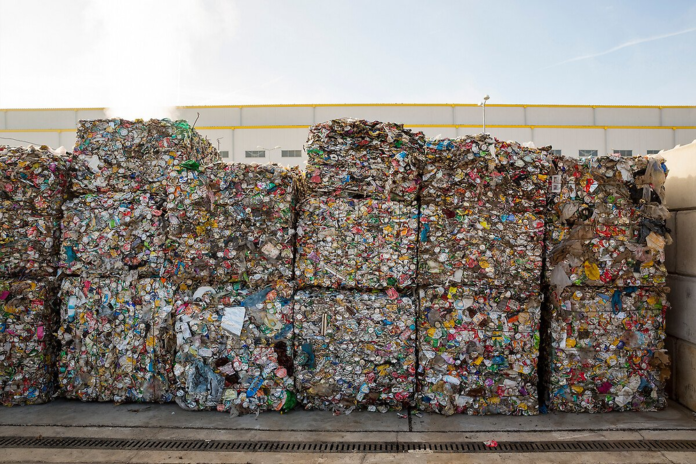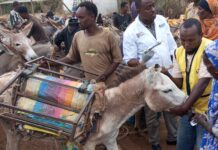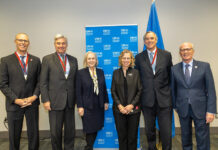By Henry Owino
Nairobi, Kenya: The temptation to ‘litter’ is usually motivated by disrespect for the law and its enforcement, as well as ignorance and arrogance in our attitude, thinking that somebody will clean our mess. This is a big problem when it comes to waste management or waste disposal.
A significant amount of money is spent to collect and clean up the litter that many people have thoughtlessly tossed out on the streets and other public spaces. The litter collection is a time-consuming and costly exercise with walking marshals collecting the litter from far-off places to keep the town or city and country tidy.
Very few people are usually environmentally conscious when it comes to waste disposal management. As a result of this unconscious habit, waste finds itself in the wrong places scattered all over leading to a littered environment.
However, waste is a problem that can easily be controlled. According to TakaTaka Ni Mali (TTNM), an organization dedicated to innovation, growth, and strengthening of connections in the waste management ecosystem in Kenya, it is effectively committed to turning waste into a circular economy through new solutions and strategies.
In this regard, TTNM has launched a new product offering known as ECOLOOP. It is a pioneering solution that addresses the challenges of an underdeveloped waste management value chain.
According to Mary Ngechu, Patron TTNM, the innovative product leverages an integrated waste regeneration ecosystem and cutting-edge technology to revolutionize the way waste is tracked, converted, and assessed for its impact on the environment. She explained Ecoloop empowers corporates to unlock brand value, increase visibility, ensure environmental compliance, and reduce their carbon footprint.
“We are thrilled to introduce Ecoloop to the market,” said Mary Ngechu, Patron at Taka Taka Mali. “Our mission is to transform waste into new value, and Ecoloop represents a significant step towards achieving that goal. We believe this groundbreaking product will revolutionize the waste management industry and drive sustainable change across East Africa and beyond.”
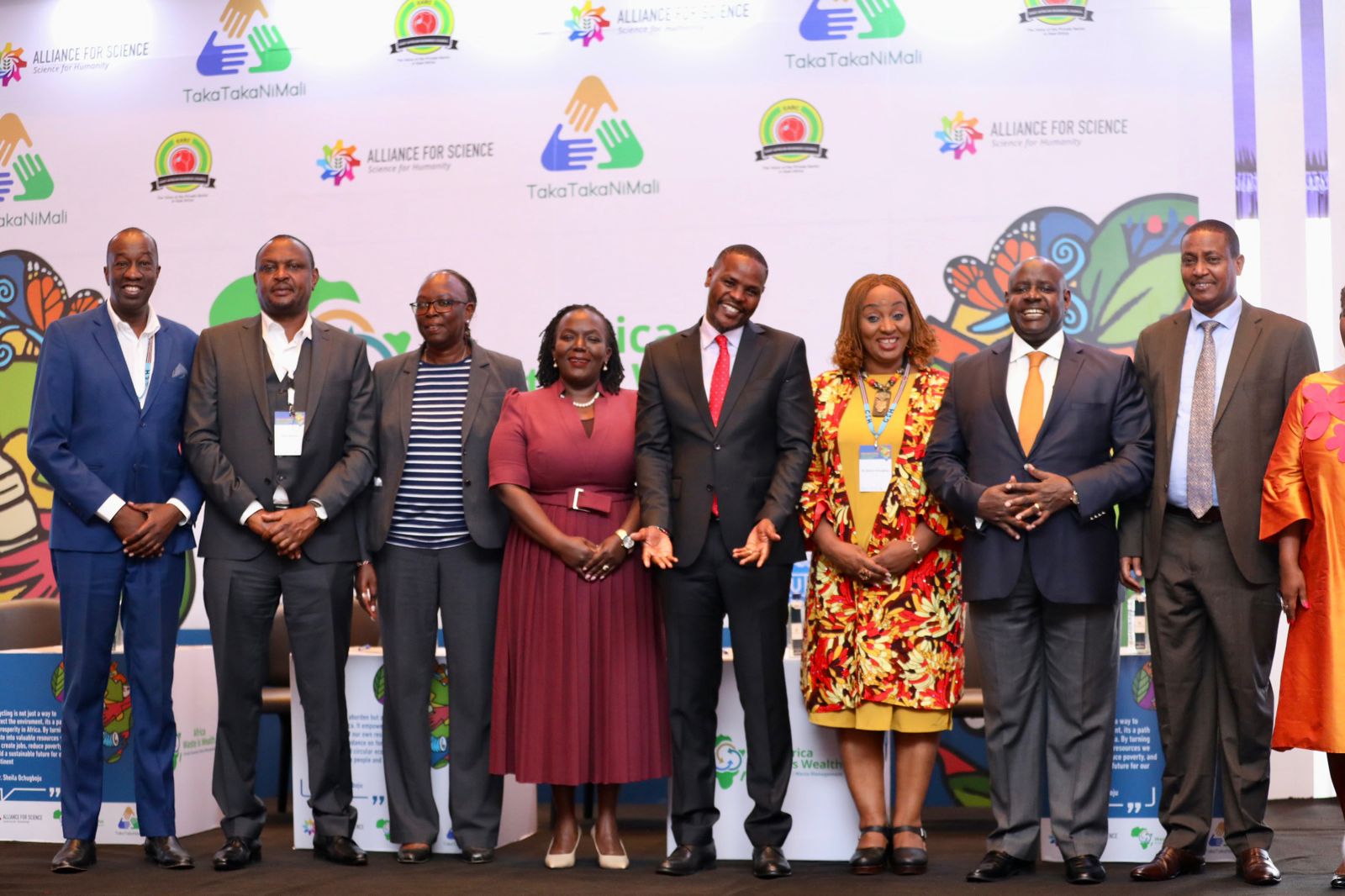
Ngechu made the remarks during East Africa Waste is Wealth Series (AWWS) Conference held at a hotel in Nairobi, Kenya. She emphasized that as a leading innovator in the waste management industry, the launch of the Ecoloop as a new product is a groundbreaking strategy in waste management systems.
Ndichu said the platform enables monitoring and evaluation of environmental impact, empowering data-driven decision-making. It offers access to global environmental events, keeping businesses at the forefront of sustainability initiatives.
Ecoloop also facilitates public-private community collaborations, driving positive change in waste management.
However, waste is a problem that can easily be controlled. Sensitization and education are important tools. Sensitization can start simply through people who are aware of the dangers of litter making more efforts to put their trash in bins. They also spread the word to others they see littering and teach them to dispose of garbage the right way.
Others may need money like reaching out to the masses through various media outlets broadcasting in vernacular languages. Again, opening up integrated centers where waste management awareness programs are run, such as workshops, seminars, and face-to-face activities involving schools, colleges, and universities.
Without education and raising awareness, people won’t have the knowledge to realize how serious the issues are. So, at least people will know how to properly dispose of trash and adopt new habits.
Waste Menace from Households, Markets, Institutions, and Dumpsites Could be Wealth in Disguise
It is possible to change people’s perspective of waste from something ‘dirty’ to something that is valuable. The best way to do it is by sensitizing people or creating awareness of waste management programs at local, county, and national levels and by all means possible use of local languages in those areas.
The waste management centers would serve as collection points where garbage is received from ragpickers of course with incentives. This in itself offers an alternative form of employment, especially to thousands of jobless youth in urban and suburban communities.
According to Henry Ochieng, Chief Executive Officer, of Kenya Alliance for Residence Association (KARA), turning waste into wealth starts with getting the public mindset to understand the bigger picture it offers. This includes the end goal or what is to be achieved, knowing clearly the purpose of litter bins within households, using it responsibly, and place of disposal of the waste.
Ochieng says public awareness campaigns on the impacts of waste pollution on the environment and adaptation to sustainable practices can encourage behavioral changes and reduce pollution levels.
Environmental education is about taking action thus adopting new habits and employing them in everyday life. For example, recycling, — and using reusable ones instead.
environmental education will shape the mindset of your children and make them environmentally aware and responsible. That will inspire them to make smart choices and good decisions. And that is the kind of generation we need!
waste management center but more of a knowledge hub – which is more aspirational. Therefore, we started with the idea of beautification of the center, which was then done using waste itself,”
“The unscientific and untreated dumping of waste causes pathogens to enter water bodies and through them into our food systems.
“believes that we must hand over to the children and future generations what was handed over to us. “Waste management is not only an investment in our planet, but also an investment in our children and youth.”
Clean communities have a better chance of attracting new businesses, residents, and tourists. There is no reason for any of us to litter because we can always find a litter bin to throw the trash away.
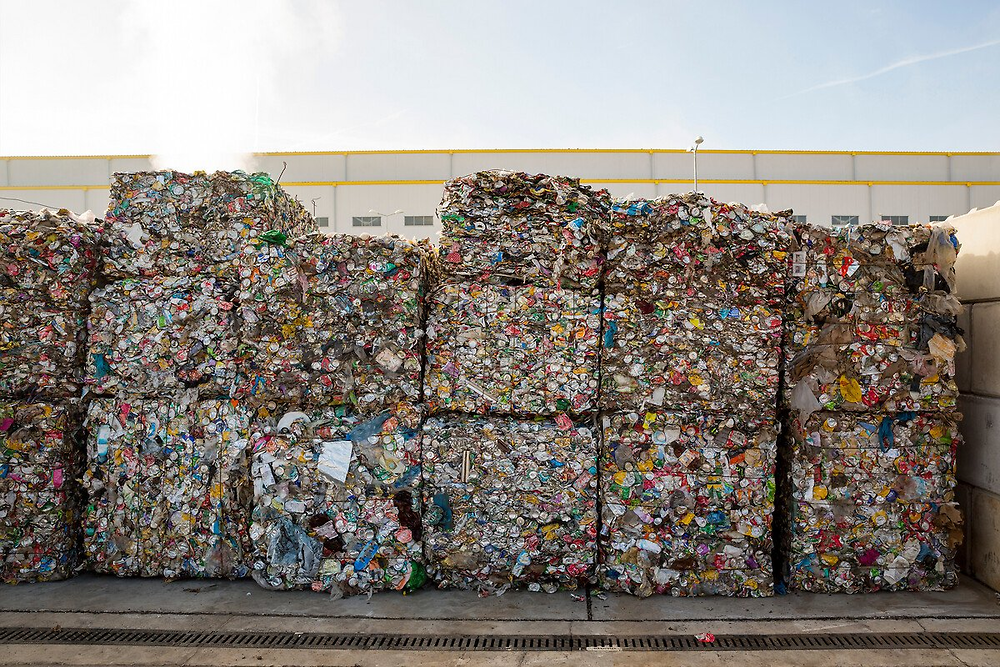
Let us set an example for others, especially children, by not littering and by carrying a litter bag in our vehicle, securely covering trash containers to prevent wind or animals from spreading litter. When visiting parks and recreation areas, make sure to leave the area clean for the next person to enjoy and restrict the distribution and disposal of handbills.
With the focus on developing ‘Garbage Free Cities’ in urban areas and improving solid and liquid waste management in rural areas, there is no doubt that waste management, especially plastic waste management, is becoming the key focus of the government, local administration, development organizations, and investors,” he explains.
Engages with over 60,000 children, employs 24 women, and prevents about 30 tons of waste from being dumped every single day.

